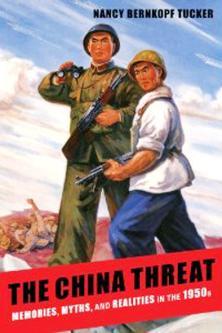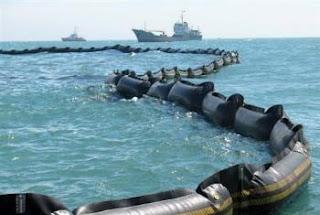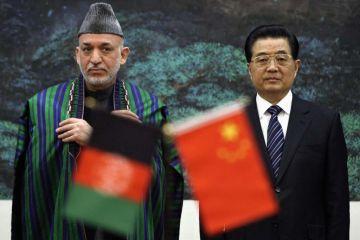
Review: The China Threat
A new book explores Eisenhower’s private feelings about Communist China.

A new book explores Eisenhower’s private feelings about Communist China.

Because of outsourcing, inequality is ballooning in both the United States and China.

Asia is currently in the middle of an unprecedented arms race that is sharpening tensions in the region and competing with efforts to address poverty and growing inequality.

The Mike Daisey saga has shown that melodrama and sentimental fiction cannot alone change the world, but they have a place in progressive politics.

I’ve created lots of jobs….in China.

Amid slowing growth and an awakening population, can China avoid the scorpion’s sting of capitalism much longer?

The current wave of self-immolations may make the issue of Tibet impossible for either China or the United States to ignore.

Should we let the truth get in the way of a good story?

It’s a family tradition.
The statistics upon which most poverty elimination strategies are based are extremely misleading, and often steer experts toward the wrong solutions.

Why should anyone believe that catering to the interests of U.S. corporations located in or returning from China will make American workers any better off?

For some bizarre reason, U.S. observers expect the latest Chinese leader to suddenly tear off his clothes and reveal a Captain America suit underneath.

As global warming takes its toll on the South China Sea, an already tense political climate could become more perilous.

There is perhaps more common ground between Okinawans and Marines than either Washington or Tokyo imagines.

China’s economic involvement has increased in Afghanistan. Will it be a stabilizing force as the United States withdraws?